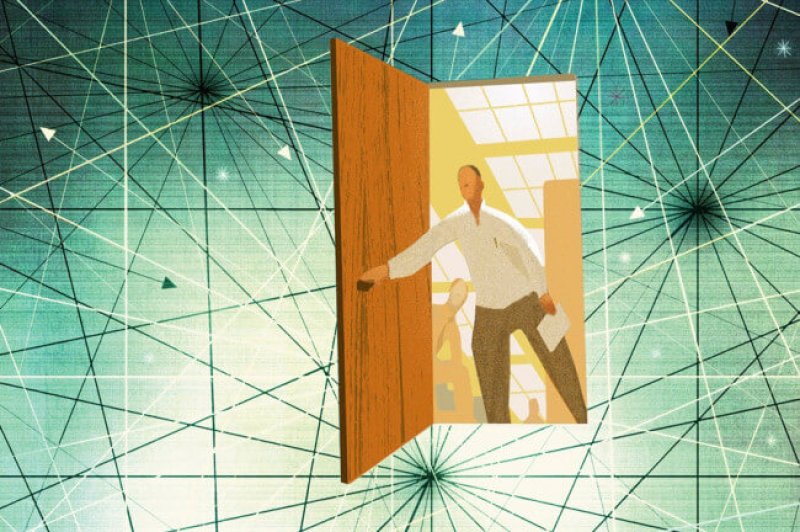Some have tried to identify ways in which we can discern if we are simulated beings. Others have attempted to calculate the chance of us being virtual entities. Now a new analysis shows that the odds that we are living in base reality—meaning an existence that is not simulated—are pretty much even. But the study also demonstrates that if humans were to ever develop the ability to simulate conscious beings, the chances would overwhelmingly tilt in favor of us, too, being virtual denizens inside someone else’s computer.
For him, there is a more obvious answer: Occam’s razor, which says that in the absence of other evidence, the simplest explanation is more likely to be correct. The simulation hypothesis is elaborate, presuming realities nested upon realities, as well as simulated entities that can never tell that they are inside a simulation. “Because it is such an overly complicated, elaborate model in the first place, by Occam’s razor, it really should be disfavored, compared to the simple natural explanation,” Kipping says.































